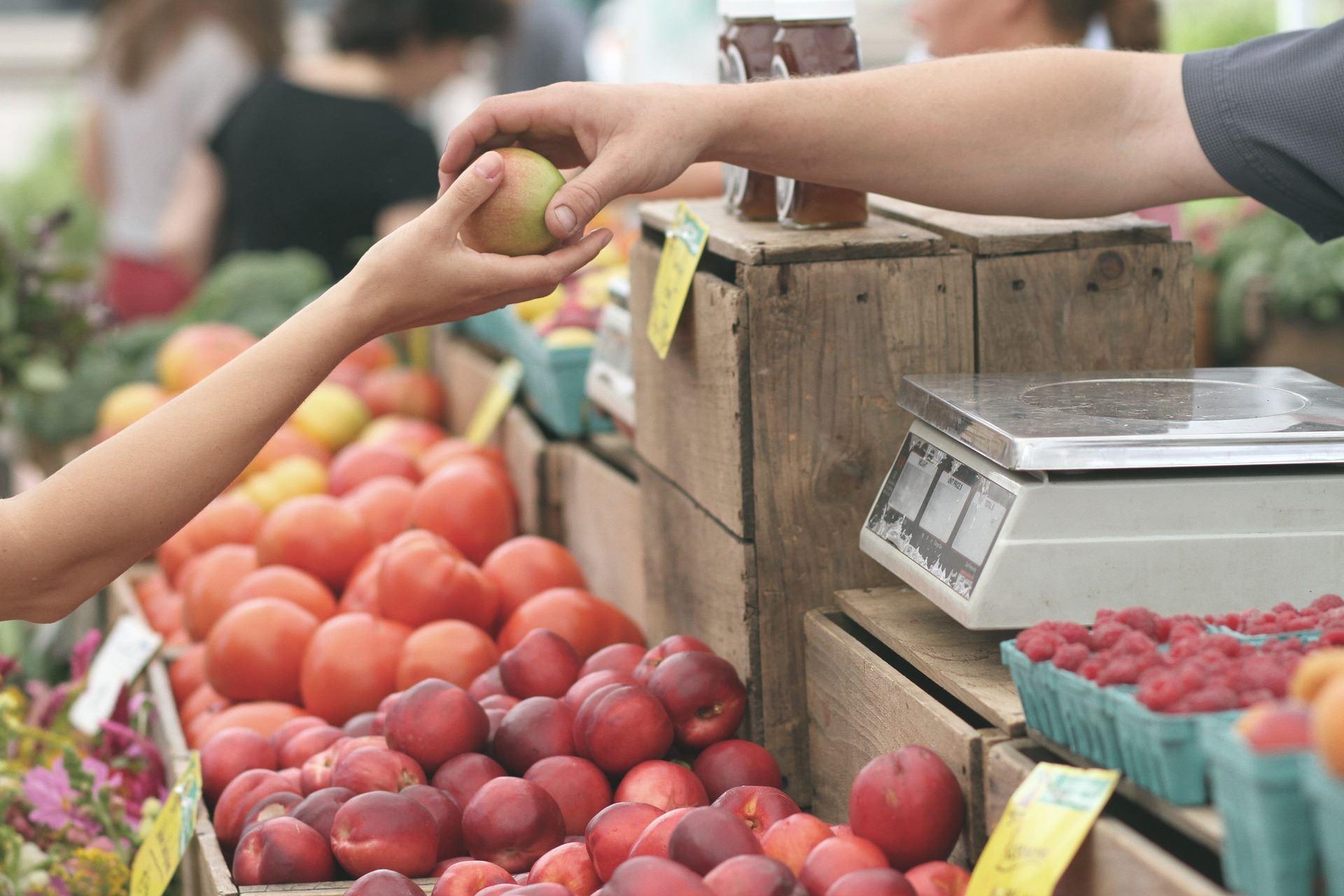
Follow Up: May Florida Food Forum
Food Sovereignty
If you were unable to attend the meeting, the full presentation is available online here.
To keep the conversation going, please visit our forum on Food Sovereignty here to add your thoughts and comments.
The May Florida Food Forum was hosted by Dell deChant on Friday, May 31st. Dell spoke on correlations between food sovereignty and food policy, including how food sovereignty could be a response to certain challenges in contemporary agriculture and culture as a whole.
Dell noted seven relevant concepts of food sovereignty: 1. Focuses on food for people, 2. Values food providers, 3. Localizes food systems, 4. Puts control locally, 5. Builds knowledge and skills, 6. Works with nature, and 7. Agrarianism, further explaining the use of these ideals in food policy.
“Although largely overlooked and even rejected by the dominant food production system of our culture, these ideals and principles are worth considering by policymakers, especially if we are seeking to combat anthropogenic climate change and cultural instability; and then constructively, to establish stable food systems and resilient ecology,” he said. “It’s kind of a conditional. If we want to take action and establish policy that will be constructed, these are considerations to bear in mind.”
Dell described this as new territory from a policy sense, and from a theoretic and conceptual sense. He points out that this is, “New in culturally dominant and normative food systems, and in American culture as a whole. How most Americans think about food, acquire and consume food, and value and evaluate food.”
Going deeper into the 4 basic pillars of food sovereignty: 1. The right to food, 2. Access to productive resources, 3. Agroecological production, and 4. Fair trade and protection of local markets, he poses the ethical and political question: “Should structures be put in place to establish and advance these principals?”
Dell continued his talk by highlighting important historical and current issues that face food sovereignty, which led to a great question and answer session.
 Dell deChant is a Board member and Co-Chair of the FLFPC Policy Committee. He is the Associate Chair of the Department of Religious Studies at the University of South Florida, a Master Instructor and has served at USF since 1986. The author of three books, over 30 articles in professional publications, and chapters in twelve books, deChant’s specialization is religion and contemporary cultures. His current research focuses on religious, literary, and ecological expressions of Agrarianism as they manifest in American popular culture. deChant is Chair of the Environmental Committee of the City of New Port Richey, a founding member of Food Policy Council of Pasco Country, a member of the Florida Food Policy Council, and a member of the Board of Directors of Ecology Florida.
Dell deChant is a Board member and Co-Chair of the FLFPC Policy Committee. He is the Associate Chair of the Department of Religious Studies at the University of South Florida, a Master Instructor and has served at USF since 1986. The author of three books, over 30 articles in professional publications, and chapters in twelve books, deChant’s specialization is religion and contemporary cultures. His current research focuses on religious, literary, and ecological expressions of Agrarianism as they manifest in American popular culture. deChant is Chair of the Environmental Committee of the City of New Port Richey, a founding member of Food Policy Council of Pasco Country, a member of the Florida Food Policy Council, and a member of the Board of Directors of Ecology Florida.
Disclaimer: The views of the presenters do not represent the views of the Florida Food Policy Council. We are a forum for the offering and sharing of information and encourage diversity and communication within the food system.
